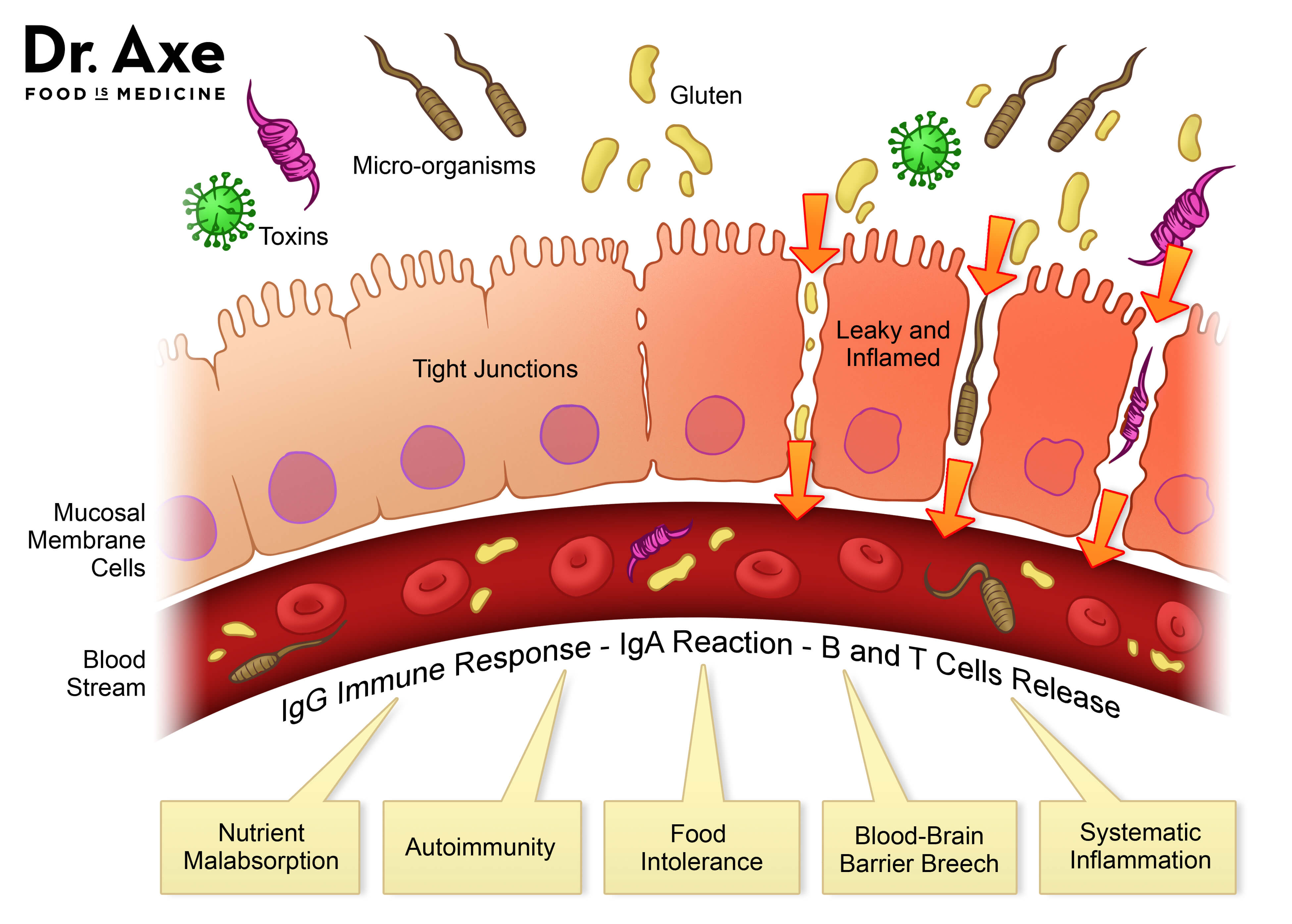Most wouldn't immediately think of their bellies when thinking of integral parts of their immune system, but most are sadly mistaken. Tons of ailments and short-coming of our immune systems can be traced back to our guts. More and more research is piling up in support of this image of our stomachs as the skeleton keys to health and wellness, as shown by
this study.
More recently, health specialists and researchers have begun to use the term "gut microbiome" to describe the complexity and diversity of our stomachs. To understand this term, we need to abandon the image of our digestive tracts as merely pink flesh that pushes our food along. Our intestines, stomachs, colons, esophagi, etc. are coated in a plethora of disease fighting, immunity-strengthening archaea and bacteria.
 |
| Gut microbiome up close and personal |
Now that we have a better image of our guts in our heads, we can begin to understand how they help us stay healthy. The flora that accumulates in our digestive tracts is established based primarily on what types of pathogens, bacteria, and foods we are exposed to. This means that everyone has a unique combination of parts that create their gut.
As with every other part of the immune system, what we are exposed to dictates how susceptible we are to pathogens. Much like memory immune cells in our lymph nodes, the gut has immune cells that respond to potential threats they come into contact with. Today, there is a theory called the "Hygiene Hypothesis" that ponders whether how "clean" we are as a child dictates how
strong our microbiome is. It makes sense. If we aren't exposed to any dirt or pathogens as kids, how are our guts supposed to build up that layer of microscopic gook that protects us from disease?
From this hypothesis has sprung tons of research that looks into the relationship of exposure to pathogens and bacteria as kids to the integrity and health of our guts. Weak gut flora has been linked to autoimmune disease as well, as shown
here. If you don't have a strong coating of of microbes in your digestive tract, something called a "leaky gut" can be developed. This means that proteins and other macromolecules from food that you've ingested can make their way through the epithelium of your intestines and trigger an immune response, often causing chronic inflammation.
 |
| "Leaky Gut" |
The hygiene hypothesis has prompted scientists to potentially link living with man's best friend to have a positive impact on your gut, as shown in
this article. The germs and dirt that a pup can expose a child to helps strengthen their immunity and teach their guts how to (or not) react to pathogens.
The research I put into our guts has piqued my interest and prompted me to keep digging into the subject. I hope that after reading this we can all see how large a part the digestive tract plays in our bodies, and how taking care of our microbiome has countless health implications.


No comments:
Post a Comment